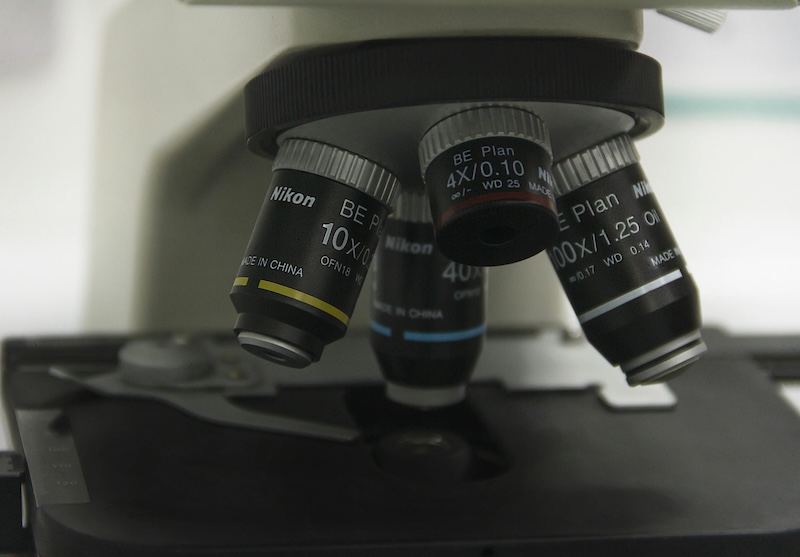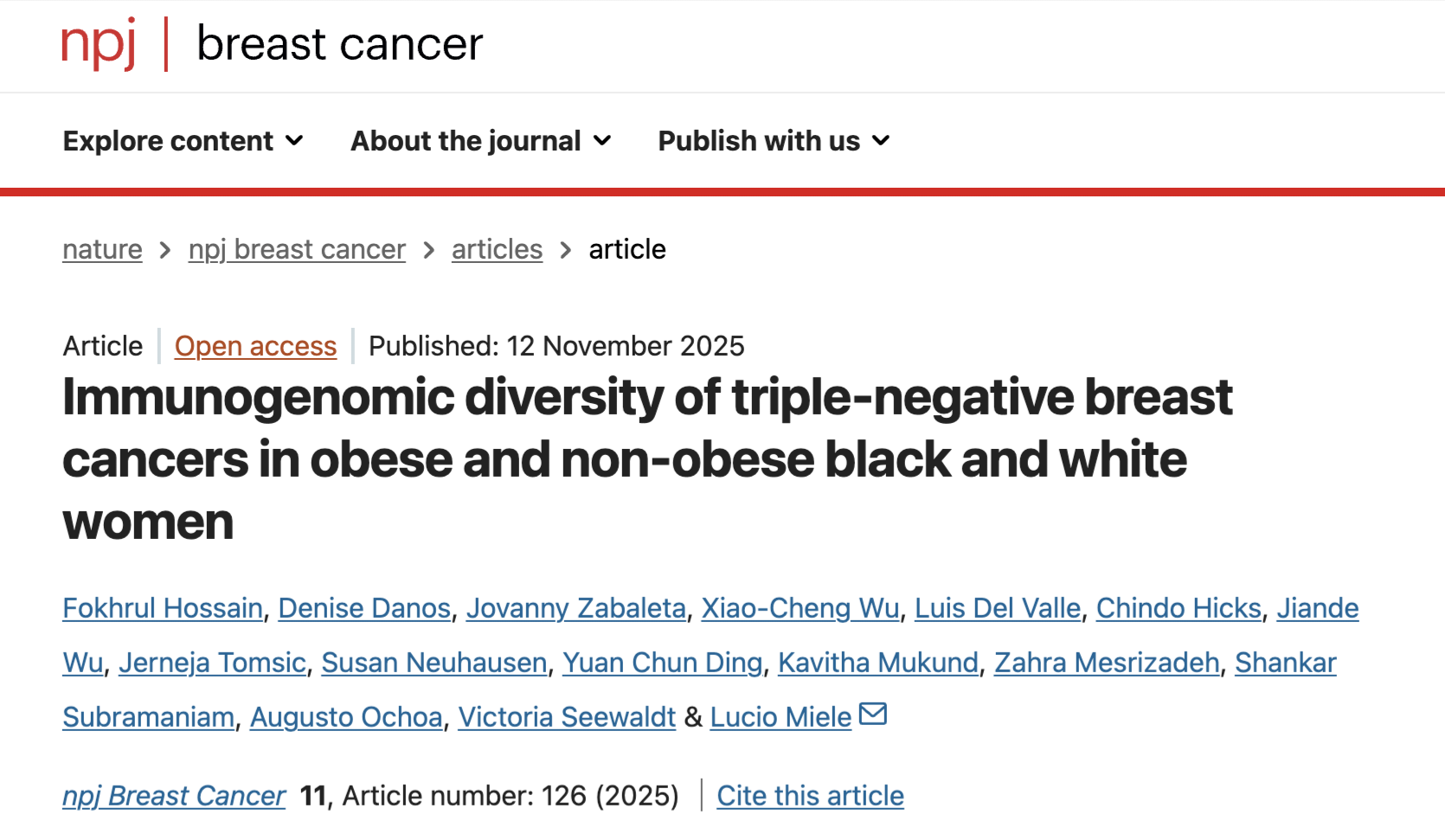
African Americans and Cancer
26,000 people will receive a cancer diagnosis this year, with disproportionately higher rates for African Americans for some cancers. The Louisiana Cancer Research Center (LCRC) convened a community conversation about ways to close that gap. Panelists included Dr. Joe W. Ramos, LCRC Director and LSU LCMC Health Cancer Center Director and Dr. Robert A. Winn, Director and Lipman Chair in Oncology at Virginia Commonwealth University Massey Comprehensive Cancer Center. Eric Griggs, MD, Community Medicine Director, Access Health Louisiana, moderated the discussion.
.jpeg)
“Place matters,” insisted Dr. Winn, citing the example of prostate cancer, which disproportionately affects Blacks. He noted that when patients are treated with the same doctors using the same treatment in the same way, there's no difference between Black and white outcomes.
Dr. Winn urged the crowd of health care advocates, community members and researchers to remember “Our job is not to let the normalization of half-truths and all the other ridiculous half-truths stand in our way…. Our job is not to let the normalization of untruths stand.”
“I'm trying to move you to a place where we don't only think about my biology and my skin in the context of my DNA, but start thinking about our ZNA - zip code neighborhood association. Dr. Winn noted that in Chicago, the life expectancy in a neighborhood is 85 years of age. Four miles west of that, in a predominantly Black neighborhood, it drops 16 years.

Dr. Ramos agreed that working together is key to turning around disparate cancer outcomes. “You have to be a part of the community and work with the communities to have an effect,” Dr. Ramos said. “When I was looking at this (director’s) position, I saw an opportunity if we could just align what we were doing, if we could target and work with our communities to do the work those communities need so that we can show impact… I think we've got the team to do it.”
Moderator Eric Griggs, MD shared how he came to understand his patients’ Louisiana dialect when he first arrived from North Carolina. “I took the time to listen and that's how you make change. That's how you make policy and the community gives you back what you give the community. They give back a thousand-fold.”
LCRC ‘s Office of Community Outreach and Engagement is ramping up to meet the challenge. As a start, Director Earl Nupsius Benjamin-Robinson is hiring 18 community health workers from around the state and three nurse navigators to educate and inform communities. “There will be tremendous intentionality to make certain that we are getting information to people, that people are aware of the resources,” Robinson said. “This is only the beginning of this conversation.”





